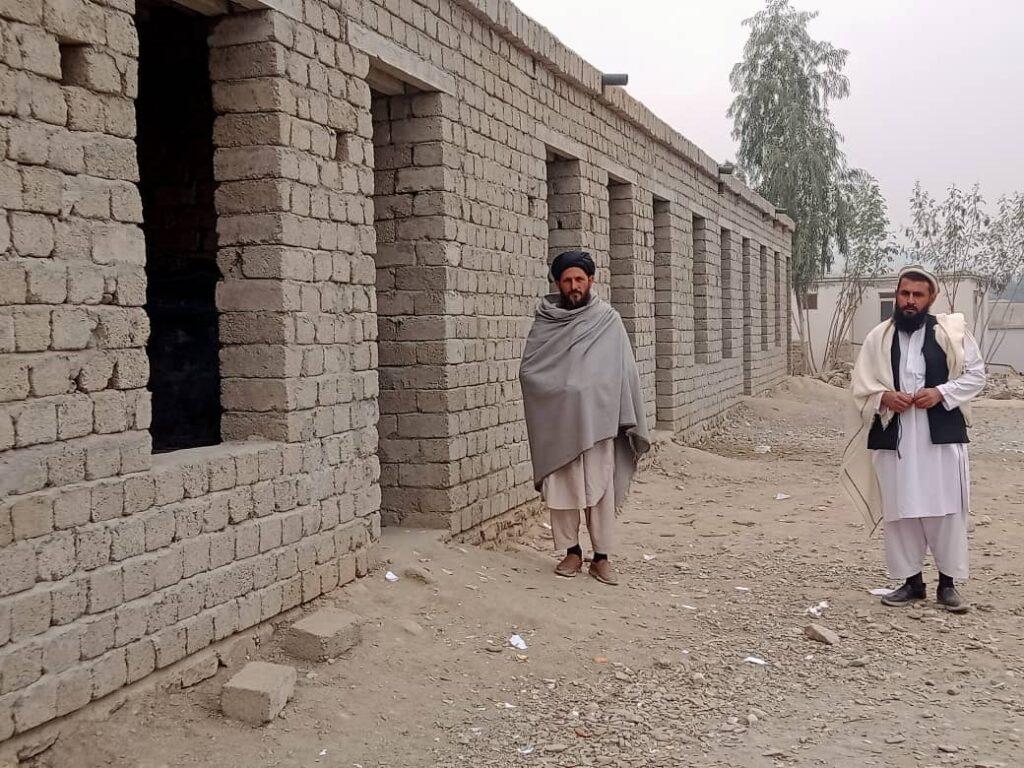JALALABAD (Pajhwok): The residents of Momandara district of eastern Nangarhar province have constructed six classrooms on self-help basis in a school where students had no shelter.
Local elders said as part of tribal tradition, each house donated money for construction of the classrooms in the Badinzai school.
Officials praised the development and said new buildings for many schools were constructed in the province this year in cooperation with aid agencies and the process is ongoing.
Malik Ghausuddin, a tribal leader of Badinzai village in Momandara district, told Pajhwok Afghan News on Monday that the school in their area had no building and its students were studying under the open sky. He said the students had not been able to attend classes in sizzling summer or cold winter and rainy days.
He added after consultation, the tribal elders decided that if the government could not to construct a shelter for the students of the school, then local people should build some rooms for them.
“We asked the people to collect money and we built six rooms. The structures are not very basic, but we solved the shelter problem of the students at a cost of 180,000 afghanis.”
The elder asked the government to build a basic building for the local school so its students could study comfortably.
Rehanullah, a 3rd grade student in the school, said they could not attend classes during rains and hot summer due to lack of shelter and the teachers would ask them to return home.
Nangarhar Education Department officials appreciated the effort of the tribal leaders.
Farhad Ahmad Stanikzai, the Education Department spokesman, confirmed to Pajhwok that six classrooms had been built for the school by local people in Momandara district.
He said they planned to construct buildings for all schools and many school buildings had been constructed or being constructed.
However, he said the number of schools lacking buildings was too high and the issue could not be solved in a short period of time.
According to his information, 148 schools have no buildings, 350 others are without boundary walls and another 221 schools have no access to clean drinking water in the province.
There are 905 schools in Nangarhar — 268 high, 160 middle and the rest primary schools — and more than 800,000 students are studying in them.
ma








GET IN TOUCH
NEWSLETTER
SUGGEST A STORY
PAJHWOK MOBILE APP